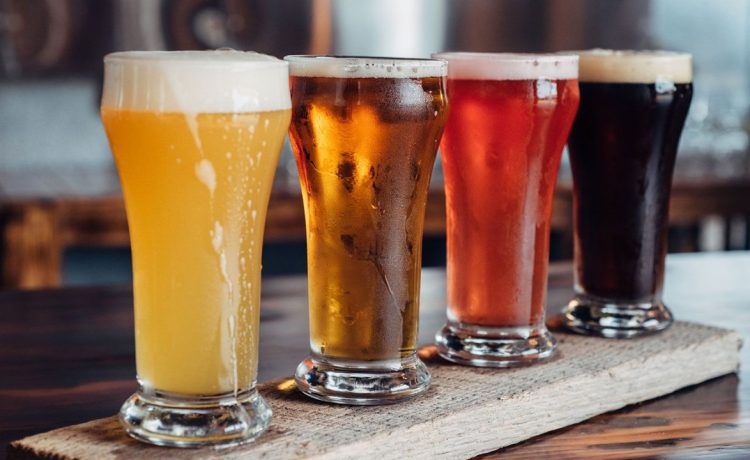juteralabs.com – Beer, one of the oldest and most widely consumed alcoholic beverages in the world, has a rich history that dates back thousands of years. The earliest archaeological evidence of beer production is found in the ancient civilizations of Mesopotamia, with the Sumerians being the first to document the brewing process. The art of brewing has evolved significantly since then, but the basic principles have remained largely unchanged.
The Brewing Process
The brewing process involves several key steps, starting with the selection of ingredients. The four main components of beer are water, malted barley, hops, and yeast. Water is the most abundant ingredient, and its quality is crucial to the final taste of the beer. Malted barley provides the sugars that will be fermented, while hops add bitterness, flavor, and act as a natural preservative. Yeast is responsible for fermentation, converting the sugars into alcohol and carbon dioxide.
The Varieties of Beer
Beer comes in a vast array of styles, each with its unique characteristics. The two main categories are ales and lagers, which are differentiated by the type of yeast used and the fermentation temperature. Ales are fermented at warmer temperatures and typically have a fruity, sweet flavor. Lagers, on the other hand, are fermented at colder temperatures and have a cleaner, crisper taste.
Within these categories, there are numerous sub-styles, such as stouts, porters, IPAs, pilsners, and wheat beers, each with its distinct flavor profile and brewing method.
The Culture of Beer
Beyond its production, beer plays a significant role in culture and social interaction. It is often associated with relaxation, celebration, and community. Beer festivals, brewery tours, and homebrewing have become popular activities that bring people together to share their love for this ancient beverage.
The craft beer movement, in particular, has gained momentum, with small, independent breweries offering innovative and experimental brews. This has led to a renaissance in beer culture, with consumers becoming more knowledgeable and discerning about the beers they drink.
The Health and Environmental Impact of Beer
Like all alcoholic beverages, beer should be consumed in moderation due to its health implications. In moderation, beer can have some health benefits, such as antioxidants found in the hops and a potential reduction in heart disease risk. However, excessive consumption can lead to numerous health issues.
From an environmental perspective, the brewing industry is increasingly focusing on sustainability. This includes reducing water usage, minimizing waste, and using renewable energy sources. Many breweries are also exploring organic and locally sourced ingredients to reduce their carbon footprint.
Conclusion
Beer is more than just a drink; it’s a testament to human ingenuity and a reflection of the cultures that have embraced it. Whether you’re a casual drinker or a dedicated beer enthusiast, there’s no denying the allure of this ancient beverage. As the craft beer movement continues to grow, the future of beer looks as bright and bubbly as a freshly poured pint.

